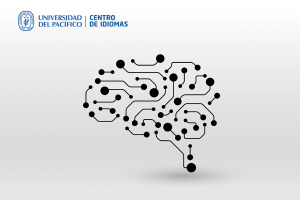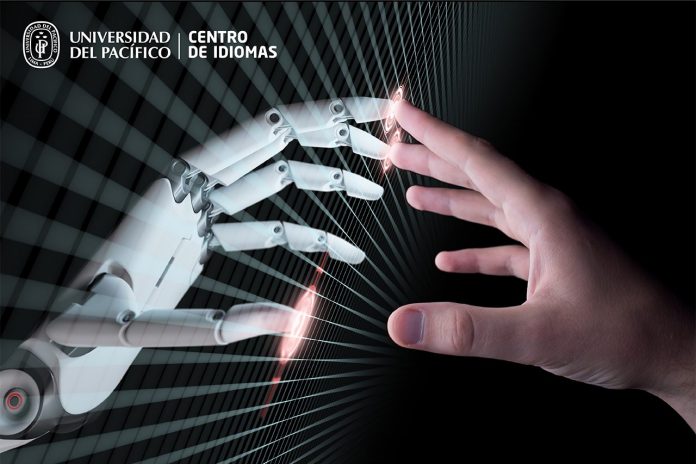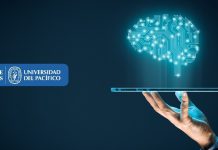I always remember what Bob Marley said: “You never know how strong you are until being strong is your only choice.” In our daily lives, particularly in the moments we are living, we can experience that we are obtaining and also sharing a lot of information on Facebook, for instance. Have you noticed that this social media can suggest to you, for instance, to join a group, visit a page you may like and so on? How does this mechanism know that you may be interested in any particular topic?
 The answer is not easy to explain but what I can say is that it is related to the use of algorithm results, machine learning and artificial intelligence. Without being an expert, I can merely explain that the system uses the information it collects from your interaction to feed it back into the system and with that data the system modifies the choices that it will present you. The interaction continues, and those responses will be fed back into the arrangement and so on. Artificial intelligence is everywhere and used in many various ways. It is used by many famous enterprises such as Amazon, Netflix, Facebook, Google and so on.
The answer is not easy to explain but what I can say is that it is related to the use of algorithm results, machine learning and artificial intelligence. Without being an expert, I can merely explain that the system uses the information it collects from your interaction to feed it back into the system and with that data the system modifies the choices that it will present you. The interaction continues, and those responses will be fed back into the arrangement and so on. Artificial intelligence is everywhere and used in many various ways. It is used by many famous enterprises such as Amazon, Netflix, Facebook, Google and so on.
What does it have to do with teaching or learning a language?
We have already discussed the importance of the use of technology in our classrooms in
blogidiomas.up.edu.pe/2019/12/integrate-technology-in-the-classroom-without-dying-in-the-attempt/
That information is very useful. However, today I would like to bring your attention to what is already there, artificial intelligence. For example, if you want to certify your level of English you will have to take an international exam. Among many others, there are those computerized exams which will require your giving answers to different questions and based on those responses, they will give you a more difficult or easier question. These are called adaptive exams. An example of that is the GMAT exam. There are also online courses with similar features to learn many languages without the direct teacher’s participation. They are part of the staff to support you in the process of your autonomous learning when help is needed.
Does It seem that language teachers will be replaced by this computer science?
Let’s remember that artificial intelligence has to do with the endeavor to somehow replicate or simulate human intelligence in machines. I would say that, fortunately, scientists haven´t finished their task yet, so we are still an important piece in the process of learning. Nevertheless, we must start working on developing skills that will allow us to continue being part of this evolution. We should be able to guide our students in the process of learning rather than focus on the product itself. That is, instead of just recommending improving their pronunciation to boost their communication, we would have to be able to identify what is impeding their progress. For instance, we should be able to detect if their retrogression is caused by the interference of mother language. In that case, we would probably need to explain that some features of Spanish, for instance, do not exist in English and retrain them to recognize that characteristic when listening and when trying to communicate. If we do not know the process of how learning happens, we would fail to help our students use the technology available for their benefit. Thus, they won´t need us.
I am very positive to think that we will be able to manage and face these new challenges.
Reassessing Bob Marley’s saying, I would say: “You’ll never know how resourceful you are, until being resourceful is your only choice.”










